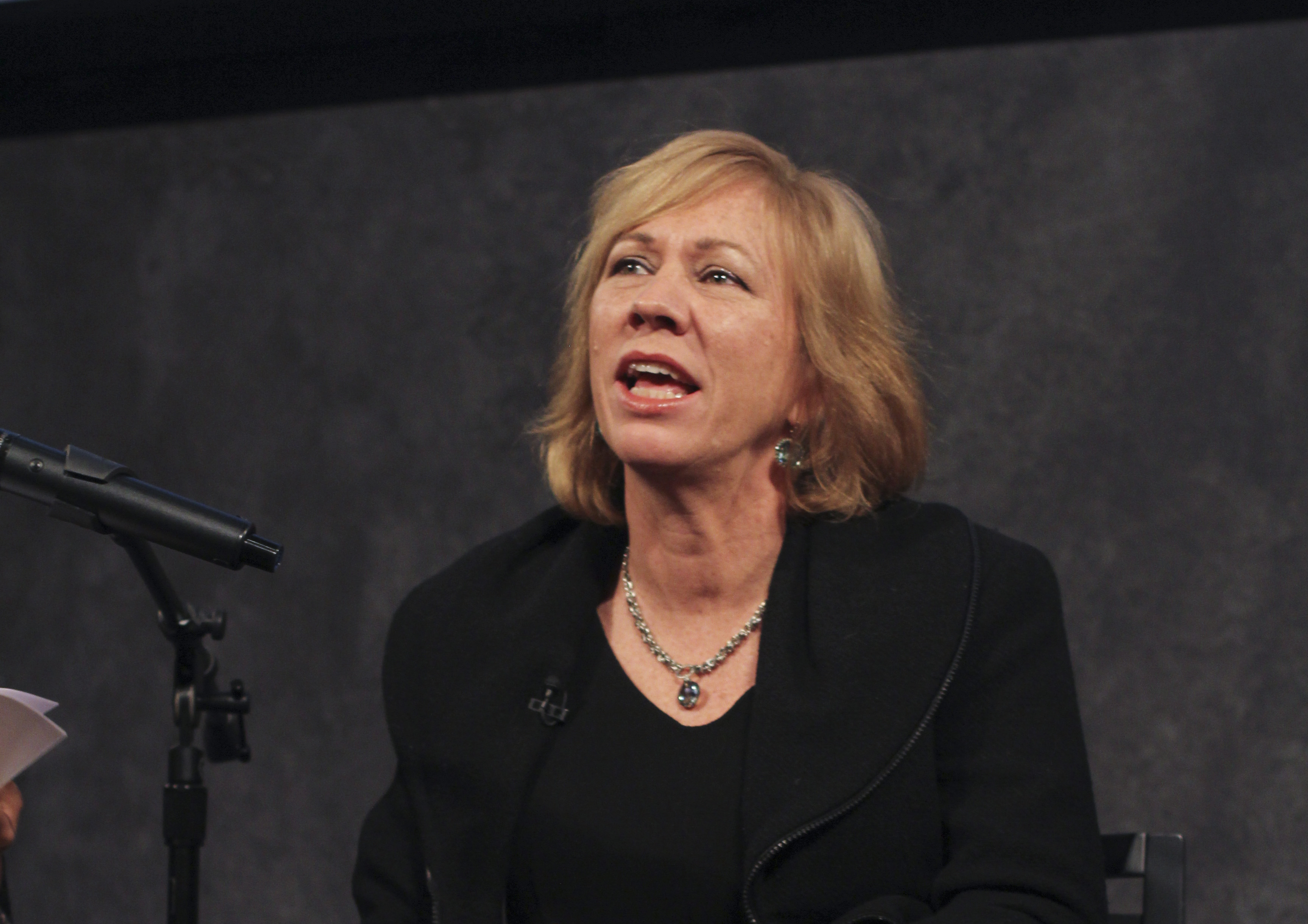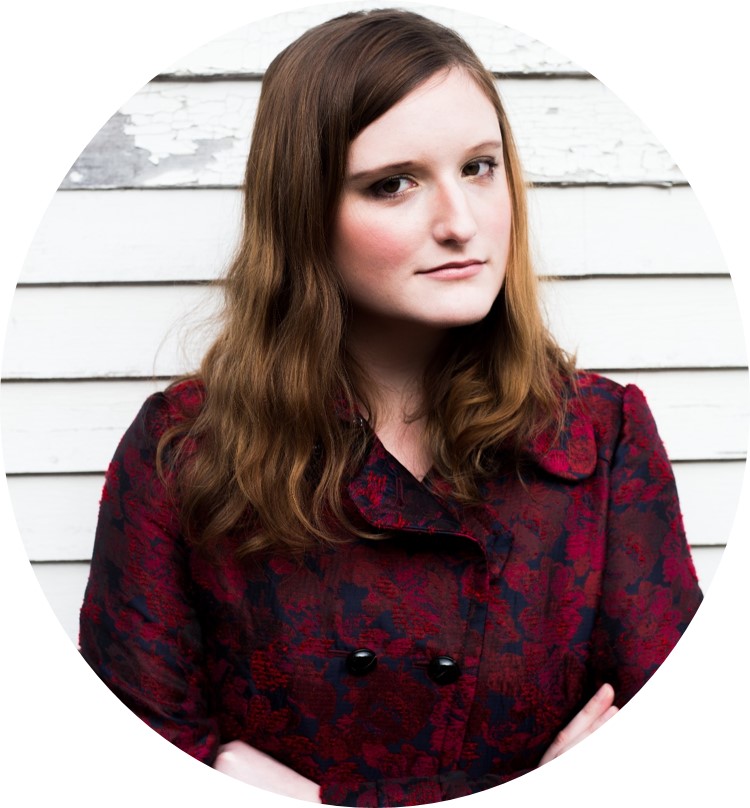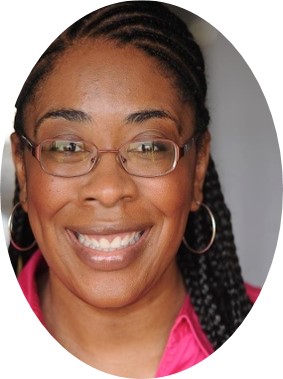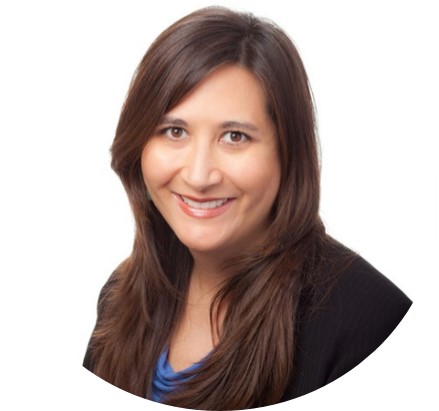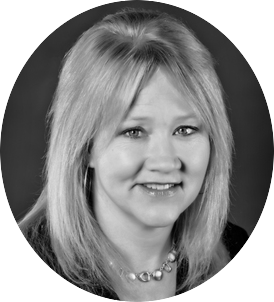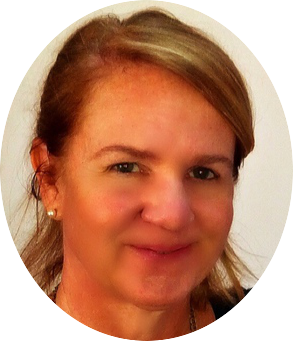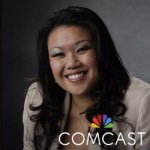Shelley Brindle Q&A: Making Room for Serendipity, Running for Mayor and Keys to a Purpose-Driven Culture
Shelley Brindle at Keynotes & Cocktails: Women of NY 2016. Photo by Kait Ebinger (www.kaitebingerphotography.com)
By Melissa Grego
Last year, Shelley Brindle left her role at HBO, where she was the first woman in the executive suite, to pursue a career in public service, leveraging her experience in building teams and leading through disruption to support a public good.
This year, she took another big career leap: She is running for mayor of her hometown of Westfield, N.J. The election is Nov. 7.
One of the most important elements to successfully making major career transitions is allowing for serendipity, according to Shelley. In a recent phone interview, she explained how to do just that. She also spoke about why she is running for mayor and shared her keys to a purpose-driven culture. An edited transcript of our conversation follows.
When you spoke at Keynotes & Cocktails: Women of NY last year, you had recently left HBO to leverage your experience as you pursued meaningful, entrepreneurial work through your consulting company. Why and when did you decide to run for Mayor of Westfield, N.J.?
In early December, not too long after the national election. While I loved HBO, the move also allowed me to spend more time in town. Because I was a working mom of three, commuting all the time, even though I lived in Westfield for 23 years, my time there was really on nights and weekends and very dedicated to kids’ activities. So I had time to experience the town with fresh eyes, and I realized the town is in a bit of a general malaise.
It’s this beautiful old historic town that has been kind of a retail and family destination in New Jersey for a long time, but a lot of big, high-end chain stores had moved here, and so much of retail moved out. I saw an increasing number of store vacancies in our town. An alarming amount actually. So in looking around, I was seeing all these vacancies but just in general, like cracked sidewalks and that if you go on the town website the pictures are four years old.
When I see a culture of complacency, I know it because of my own experience at HBO in terms of transforming an organization and culture, taking it from the analog world to the digital world.
I started getting much more involved in trying to understand. And the current leadership of our town – the mayor has been there for 12 years — they haven’t been very proactive.
So two things happened:
First, the national election happened. My big takeaway from that was the impact of the local elections on the national political landscape. And how many of us have taken a lot for granted and kind of left the community or political involvement on a local level to others with the time and inclination to do it; I never thought it was going to be me. I was always writing a check and always happy for other people to do it.
And then: My 18-year-old daughter, a senior in high school, saw that the mayor announced he was running for a fourth term.
She said, “You know what, Mom? You should really run for mayor. You can’t think about winning, you have to think about making a difference. And just by running you’re going to make a difference.”
When your 18-year-old daughter says something like that to you, and has heard all the things I’ve been talking about it, it really was this moment of: If not me, who?
I’m retired, okay for income for the foreseeable future. I thought maybe this was an opportunity to leverage all those leadership and culture transformational skills to make a difference right in my own community. That actually is what prompted me to run.
I never aspired to be a political candidate. But what our town is going through, it feels like where I was when I took over the U.S. business at HBO in 2010 to take it into the digital future. I see such clarity, what our town needs and it really is for engaging people to solve our own challenges.
For anyone considering making a big career change or leap, what do you think are the most important factors to consider or questions to ask yourself before making the leap?
The courage it takes to pivot to something else is allowing yourself to take a beat to allow for some serendipity to happen. But that’s scary for so many successful people and women in particular who will always be focused on the next step. It’s taking a beat and just having the confidence to know that if you just put yourself out there and say yes to a lot of things without intent some great things can happen.
That’s certainly what I did when I left HBO, to try to say yes to everything; not yes to obligations, but to things I would never have allowed myself time for before, I somehow said yes. I showed up in more places where I didn’t know a soul and just let it play itself out and without an intention or motive. It was just purely for the experience. If you can really do that the best things happen.
A big part of a successful transition or reinvention is applying transferable skills. What is the most important ability you acquired in your previous career that has come into play in your campaign and hopefully in your being the Mayor of Westfield?
It really goes back to communicating and the people-oriented skills. I have this kind of insight into the whole political process now in terms of unfortunately why the best candidates don’t always run. I think the best leaders are often the ones who are egoless and they’re really more about success through others rather than credit for themselves. And I completely, 100% believe that’s why I was successful at HBO — because it was never not about me, it was really about achieving success for those around us.
Every job I would try to make myself irrelevant and make sure if I’m not here tomorrow, everyone can step up and do their job…a lot of people are afraid to do that. They get too much value in “what my personal contributions are.”
What I was curious about is how much of those leadership principles are applicable to the public sector. I believe they all are. There are human desires that we all possess and they are:
- everybody wants to feel valued
- everyone wants to feel they have a purpose
- everyone wants to feel like they’re part of something bigger than themselves
I don’t care where you are, whether you’re part of a small group or a big group, that applies universally.
So what I’m learning in my campaign just by articulating a vision of what I think our town could be is it woke people up. When you’re telling people what can be, you incite engagement and enthusiasm. I don’t care what it is, trying to launch a product or trying to change the world. It’s universal.
I think that and connecting with people and letting them understand what their role is in helping you get there. That is what I think I’m tapping into as a candidate and certainly what I plan on tapping into as a mayor.
We’ve talked – and you’ve given talks – about how to build great corporate culture, something you were well-known for at HBO. Can you highlight your top three tenets of creating a great culture?
- First and foremost I believe in radical transparency. Building transparency for people goes to sharing your vision for where you’re going and being transparent about what’s required to get there. People feel trusted with information. And transparency is a code word for trust. You need trust to make big things happen. If people don’t think you’re being fully upfront they’re not going to give their all either.
- Second is really about empowering people and that’s the multiplier effect. Once you make decisions, you need to empower people…for example when someone was given an account at HBO, we gave them information on all accounts, so they were empowered to make the best decision for the business.
- Lastly hold people accountable. That means having really hard conversations with people when they’re not measuring up, and supporting them and encouraging them to where you want them to achieve. When you don’t do that you bring down everybody. Accountability means immediate feedback. Because all achieve in a shared and collective vision, we see feedback as a gift because of the shared vision. You’re not doing anybody any favors for not having an honest conversation. You need to give people the opportunity to decide if this is the place for them or time to move on when they have time to find something new.
It’s a three-legged stool of being transparent, empowering, and you have to hold people accountable.
I see you’re on the board of Philo. How actively do you remain in media?
The Philo involvement is incredibly fun. HBO was one of the initial investors in Philo, we were there from day one when they were two kids out of Harvard with a gleam in their eye. To have a seat at the table to watch from there to where it is today being viable player in the OTT space and the traction they have and Andrew McCollum’s vision for the product, it’s been really fun. And it’s been a nice diversion from local politics.
So Philo and helping them with their strategy keeps me current and I stay abreast of everything and still do one-off consulting for people who need it.
I stay very connected with my HBO people and will be more engaged after the election and am engaged in a lot of women’s networks in the city (New York), including Plum Alley Investments, of which I am a founding member; there’s W.O.M.E.N. in America, another group of executive women who mentor promising or rising stars of mid-level women. Those are really incredibly great outlets for me. And I am still involved in Vital Voices, which is focused on empowering women around the world.
Keeping my feet outside of Westfield in those areas makes things very interesting and global.


